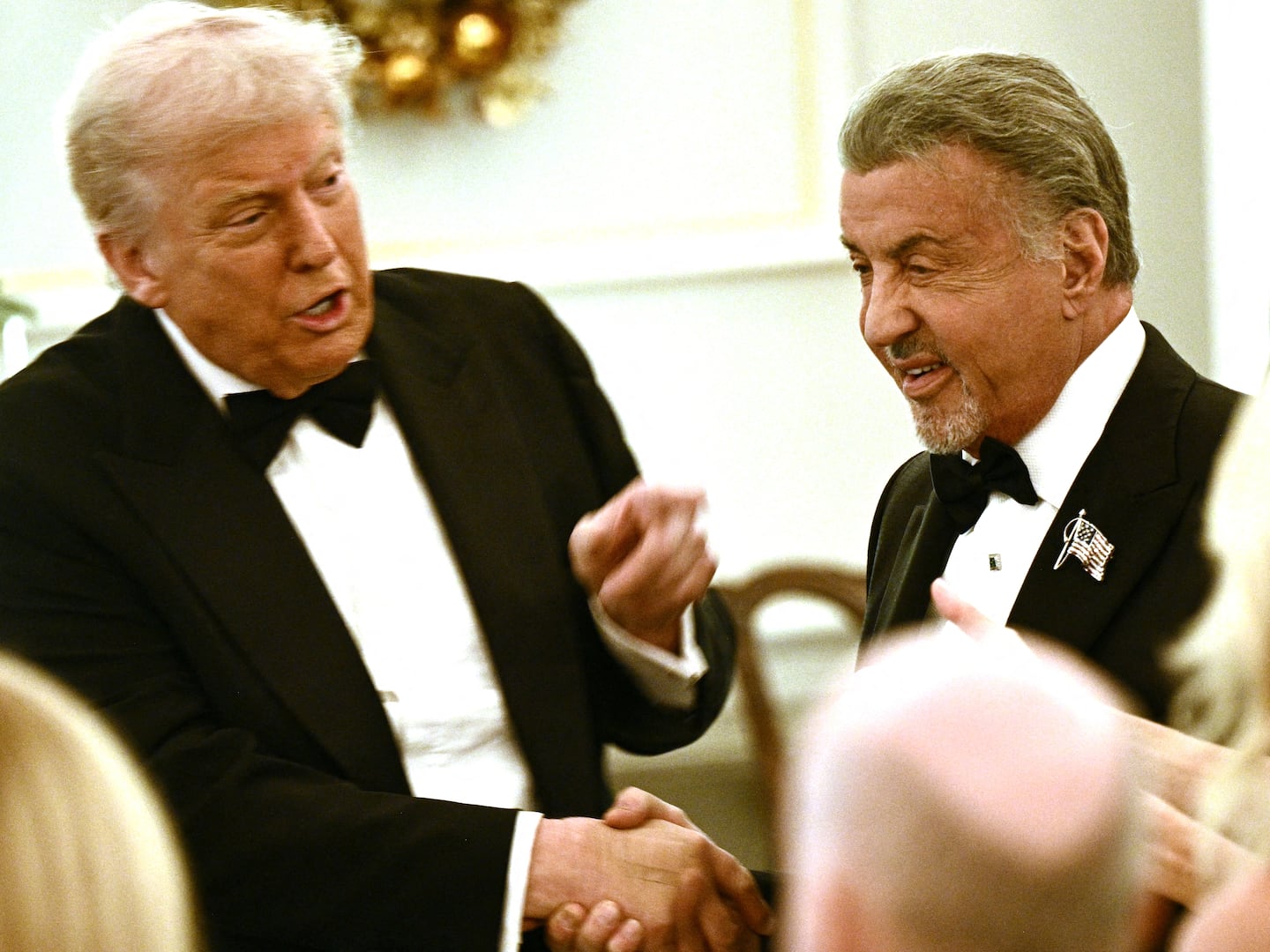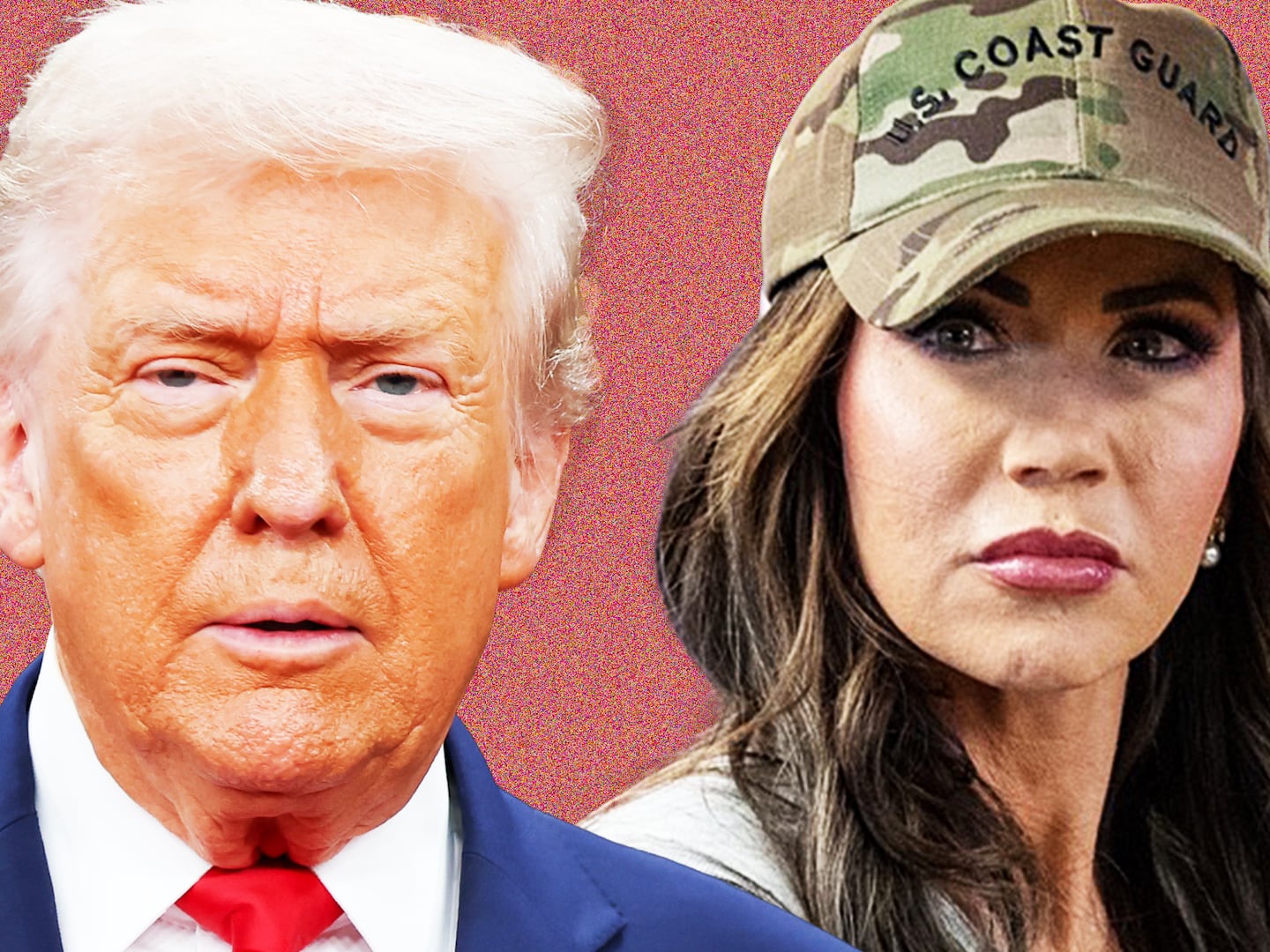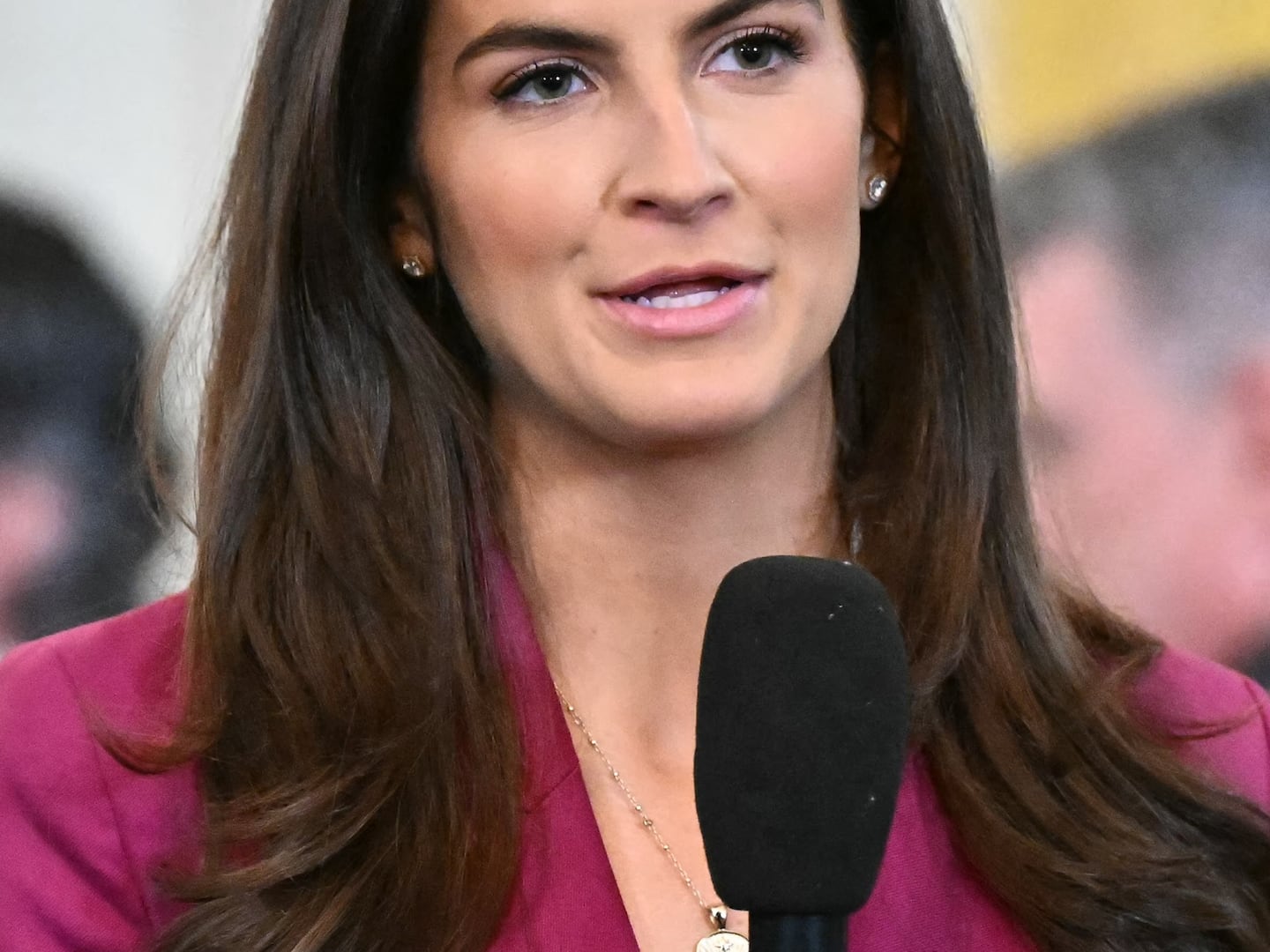Barry Eichengreen's latest post at Project Syndicate argues against an audit of the Federal Reserve, citing concerns about market stability and the unnecessary political pressures incentivized by such an intrustion in a sensitive institution. Most interesting is his example of how an audit helped worsen the Great Depression.
In 1932, the Fed was unwilling to help stabilize a collapsing banking system. But someone had to do something. So President Herbert Hoover created the Reconstruction Finance Corporation, an independent government agency, to aid illiquid but fundamentally sound banks.
The RFC’s largest loan in the summer of 1932 was to a bank run by former Vice President Charles Dawes. Not only was Dawes, like Hoover, a prominent Republican; he was also an ex-RFC official. Although Dawes refused to make use of his political connections when his bank was pushed to the brink, the RFC nonetheless faced accusations of favoritism. Populist members of Congress, predictably outraged, demanded an audit and insisted on publication of a list of all banks that the RFC had aided.
Publication of that list in January 1933 led to a crisis of confidence in banks that were revealed to have borrowed from the government. Bank runs started almost immediately and quickly engulfed the country, resulting in the Bank Holiday of 1933 – that is, in the forced closure of the entire US banking system.





